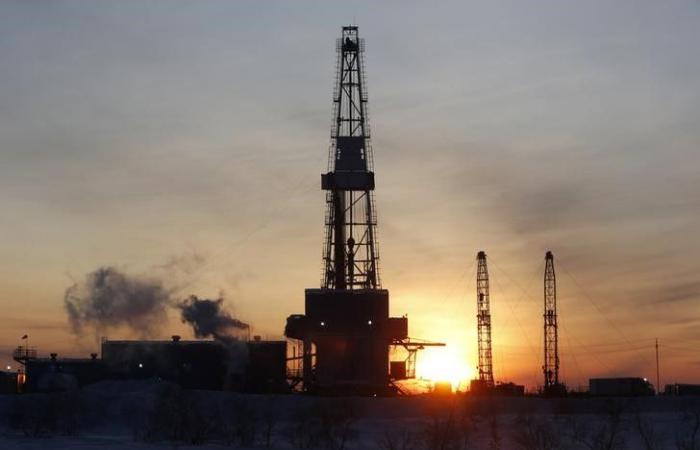Investing.com–Oil prices were little changed in early Asian trading Monday, stabilizing after last week's sharp gains as traders digested reports that Israel was close to a ceasefire with the Lebanese militant group Hezbollah.
While the prospect of less serious conflict in the Middle East points to a lower risk premium for oil, prices remained near their recent two-week highs amid heightened tensions between Russia and the Ukraine.
- Use AI to spot the best stocks to buy during this period of volatility: InvestingPro is on sale up to 55% off for Black Friday!
Dues due in January fell slightly to $75.14 per barrel, while bonds fell to $70.75 per barrel as of 7:47 p.m. ET (00:47 GMT).
Israel close to ceasefire with Hezbollah – Axios
Israel and Hezbollah are close to signing a ceasefire agreement to end hostilities in Lebanon, Axios reported Sunday, citing Israeli and U.S. officials. Israeli daily The Times of Israel also reported that Prime Minister Benjamin Netanyahu was holding high-level discussions on the deal, which was brokered by U.S. officials.
Israeli officials are reviewing a draft agreement that provides for a 60-day transition period during which the Israeli army will withdraw from southern Lebanon and Hezbollah will move its heavy weapons north of the Litani River.
The agreement also provides for the creation of a monitoring committee led by the United States.
The prospect of a ceasefire between Israel and Hezbollah suggests an easing of tensions in the Middle East, which reduces the risk premium for oil. Traders feared that any escalation in tensions could disrupt supplies from the oil-rich region.
However, reports of a ceasefire were undermined by Hezbollah rocket fire on Tel Aviv, after Israel launched a major offensive on Beirut over the weekend.
Tensions in the Middle East have also been exacerbated by statements by Iran, which announced that it would increase its nuclear fuel production capacity.
Oil at its highest level in more than two weeks amid tensions between Russia and Ukraine
Oil prices remained near their highest levels in more than two weeks, after rising sharply in recent sessions due to increased tensions between Russia and Ukraine.
Ukraine has begun using Western-made long-range missiles to hit targets deeper in Russia, drawing the ire of Moscow.
Moscow responded by lowering the threshold for its nuclear retaliation, while striking Ukraine with an experimental hypersonic missile.
“Recent trading indicates the war has entered a dangerous new phase, raising fears of supply disruptions,” ANZ analysts wrote in a note.






